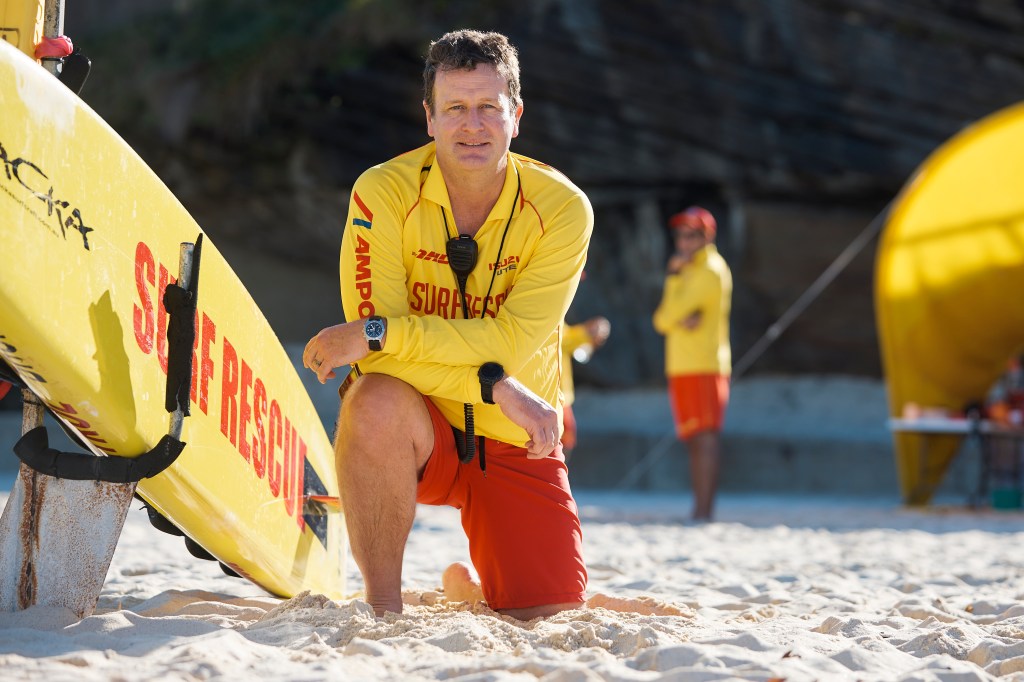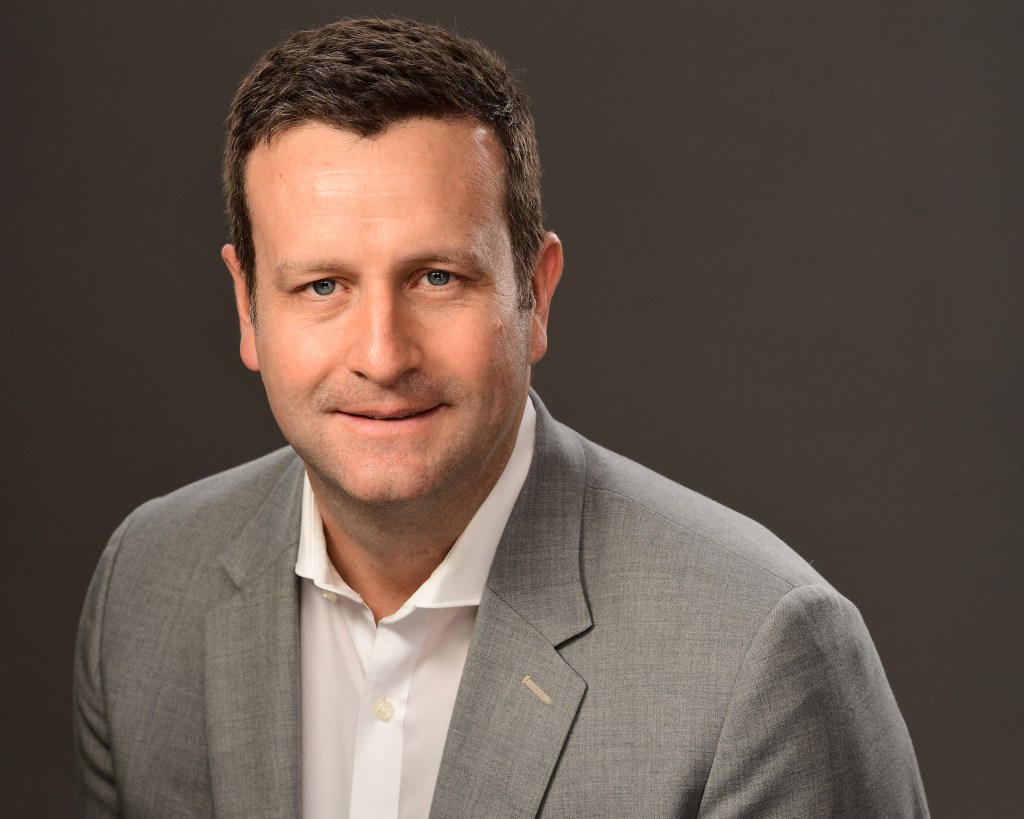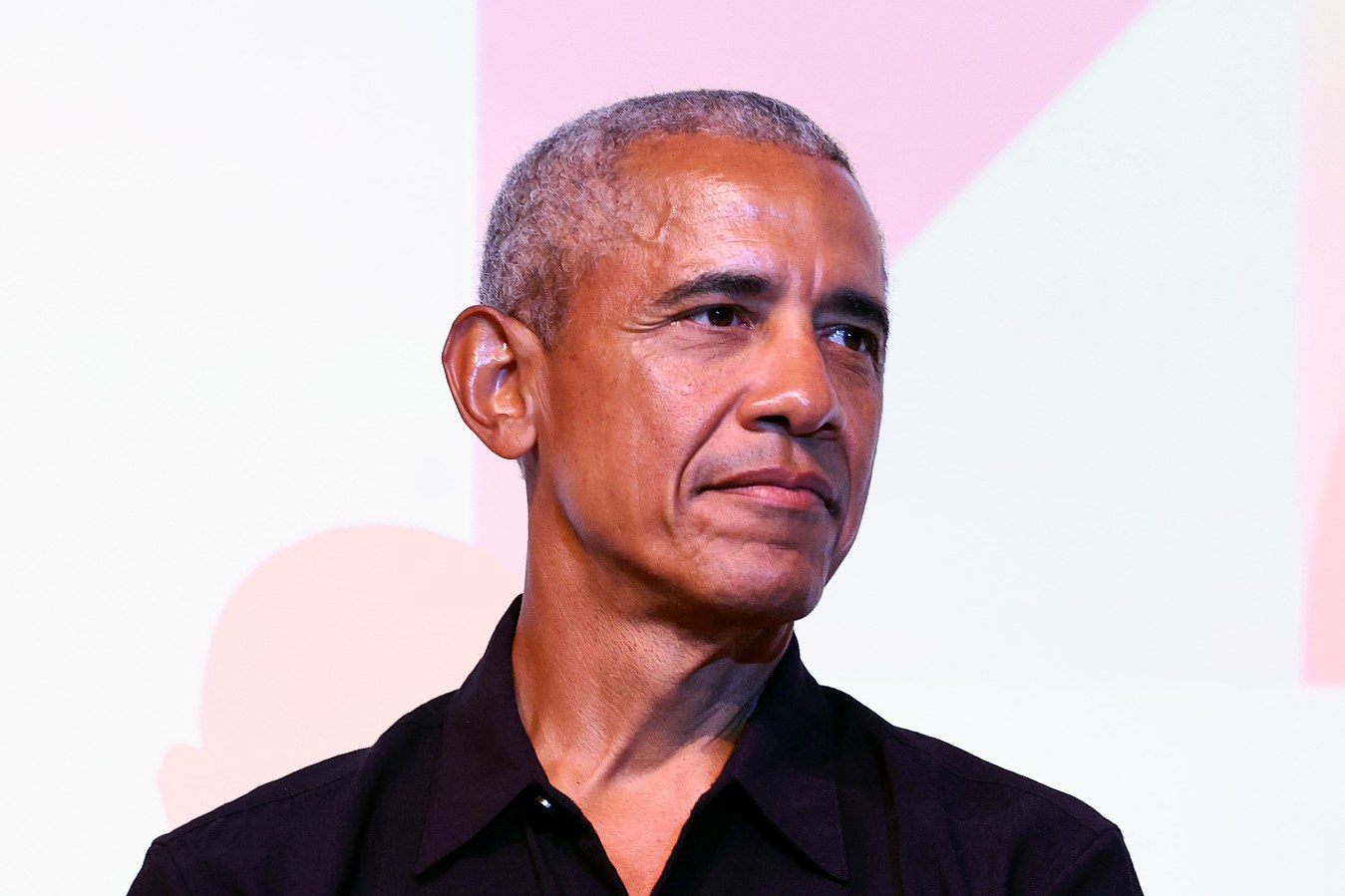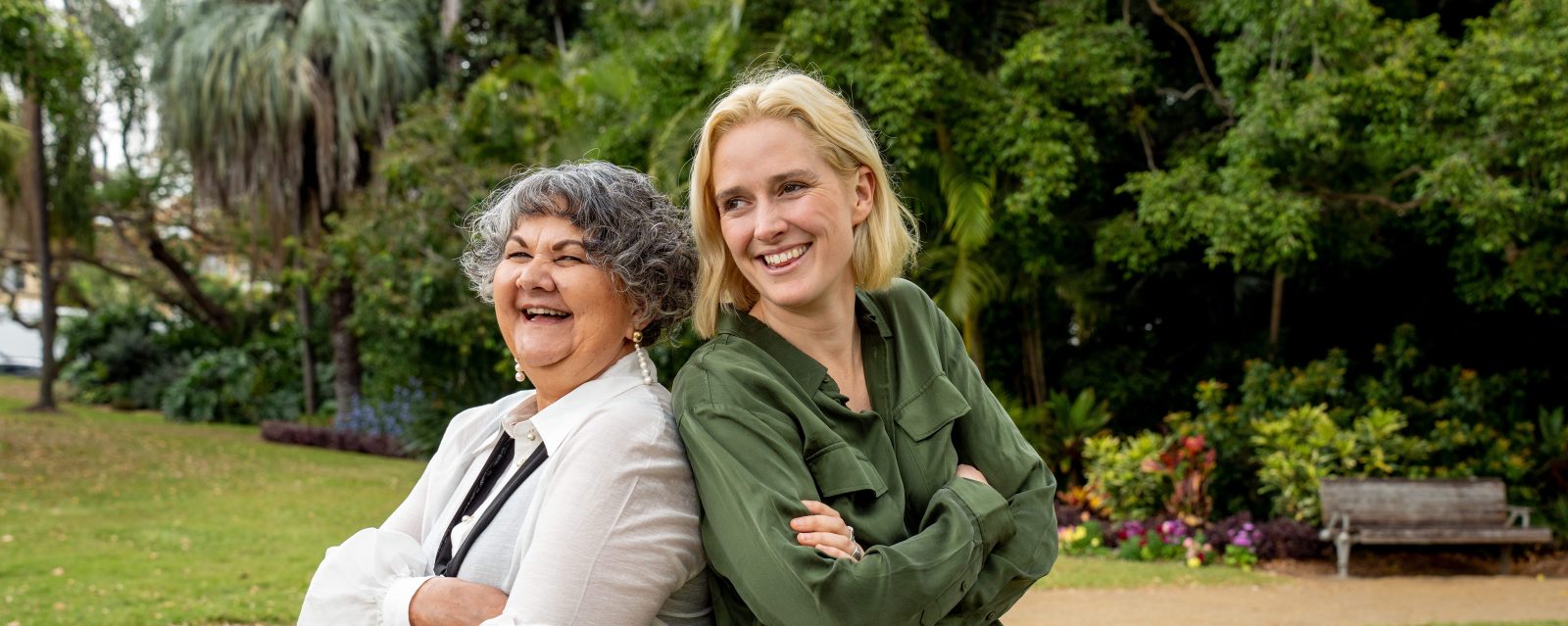Paypal Australia and Hyperwallet director Simon Banks talks about the leadership lessons he’s learnt at the surf club and on stage for a hard-rockin’ band.

You must be good at delegating.
Yes and no. You might have heard of a philosophy called ‘servant leadership’ – that you are there to help your team achieve their goals. Their goals include the corporate goals, but they also have life goals, they have development goals, and they are on a journey of their own to become who they want to be. You need to have a certain unselfishness in that you also need to be prepared to roll up your sleeves and do it yourself. You encourage diversity of thought, and you want people themselves to be leaders. People can make decisions, but must also know when they should consult others. I think you end up in a really healthy place … and you’re still busy.
How does that style of leadership flow into your outside interests?
The surf club and the band are by nature unstructured as opposed to the corporate world which is structured. In the rock band, the common interest is music. In the surf club, the glue that binds us is a love for beach and community, but as volunteers everyone is still on their own journey and wants different things out of it. Tapping into what people want is key.
How do you find that out in the surf club, because it’s not like you can sit them down like a boss and just say, ‘What do you want to get out of this?’
I’m just a patrol captain, but my team comes together once a month and gives up a big chunk of their weekend to do it, and they’re all busy people. It’s not like you can have a survey. It’s very informal. It’s very much about observing what people do and what they like to do. It’s about asking people what their interests are. It doesn’t happen in a single meeting. You’ve got to be really open to knowing what people want … making sure people feel excited about coming; that they’re going to achieve some of their goals.
And what about the band?
There’s no leader of the band (The Alumni). There’s a lot of musical strength, but it is a co-operative of volunteers that have these incredibly diverse backgrounds. There are professional musicians, doctors, lawyers and PayPal execs like me.
It’s a very informal thing, but I do like the parallels with the concept of servant leadership, which is recognising people are on a journey and there is a common goal.

A good example of how that works is the decisions on what songs to play. Ten years ago it was about: ‘Are there any songs easy enough to play?’ Think Funkytown – one chord, easy structure. Now, we’re good enough that the playlist is flexible so we can make decisions on the fly.
Think of a song like Never Tear Us Apart by INXS. It’s a beautiful song, but if everybody’s up dancing and jumping around, and you put that song on, it’s just too slow. All of a sudden, the dance floor clears.
You end up with this dynamic decision-making process. You’re standing on stage, the crowd is waiting for the next song. You’re turning around and going, ‘I don’t think we should play this. I think we should play something else.’ And everyone’s minds get into gear.
Myself and the other singer we get the vibe the quickest because we’re the closest to the audience. But, we need Ben (Fink formerly of the Whitlams) the guitarist, and one or two other people that help hold the band together, to go ‘Yeah, that makes sense.’ And seven or eight seconds later, we’ve moved to another song.
We don’t always pull it off. Sometimes it’s like: ‘Actually, that was a bad idea. We shouldn’t have done that.’ It typically comes out after a gig. This goes back to corporate communications and the concept of staying agile. We always debrief after the gig. You’re pumped full of adrenaline, and you sit around and have a quiet drink and you talk about what worked, what didn’t … ‘We haven’t rehearsed that song in six months. We shouldn’t have played it.’ The key is just staying agile, having a good sense of what to do next, learning very quickly, listening, which is the same as in the corporate world: ‘What is it that the customers are asking for?’ And, ‘Can we get it to them?’
What about in a surf club, when mistakes can be more serious?
The key at the surf club is the amount of training and education that people are given. They’re volunteers, but they have to do a certification every year to make sure they have a minimum level of skills. And one of the great things about a surf club is the level of communication. You’ll typically find that where there’s an incident, people are communicating. There’s a lot of radio contact. There’s a lot of people involved in decisions. ‘There’s a swimmer in trouble. Let’s agree that this girl or guy will go out on a rescue board and help them.’ The concept of making a mistake by yourself is pretty rare because you make joint decisions quickly.
Can you give an example of a hard day?
Yeah, it was the January 26 public holiday. It was hot. The beach was crowded. There were about 10 of us on duty. The sea came up and got quite big. Swimmers were bumping into each other hard. I think a guy might have broken his leg because someone hit him in the surf. We’ve sent two or three people in to bring that person out of the water. Within two minutes, someone else had been hit and thought they’d dislocated their shoulder. ‘Well, I need three or four people to help pull this largish person out of the water.’ We’re starting to run out of people. If there was another emergency we’d be stretched. I’d call it resource management, where you’re committing groups of people to jointly solving a task, then you start running out of people. We got through it, we didn’t totally run out of people. It’s that concept that you use up your resources in a relatively intense situation. It was a big learning exercise for me.
Can you translate those lessons into a corporate story?
We deal with fraudsters every day, in terms of protecting our customers from them. We have a formal structure, but when a customer has an issue, everybody rolls up their sleeves and piles in to make sure that all the mechanisms are in place to support that customer.
Another good example would be when we launched our “Pay in 4” product in 2021. We had to tell all our customers about it. We had to get them to integrate it. All our team still had their day jobs with targets they had to hit, with corporate goals we had to hit, but we’re also launching a product. So you form these virtual teams that come together with this specific purpose to roll out something really big. People wanted to help. They’re volunteering. You tap into that concept that people are going to learn from doing this and hit some of their personal goals while being part of a larger team experience.
You can achieve great things if you tap into what holds people together.


